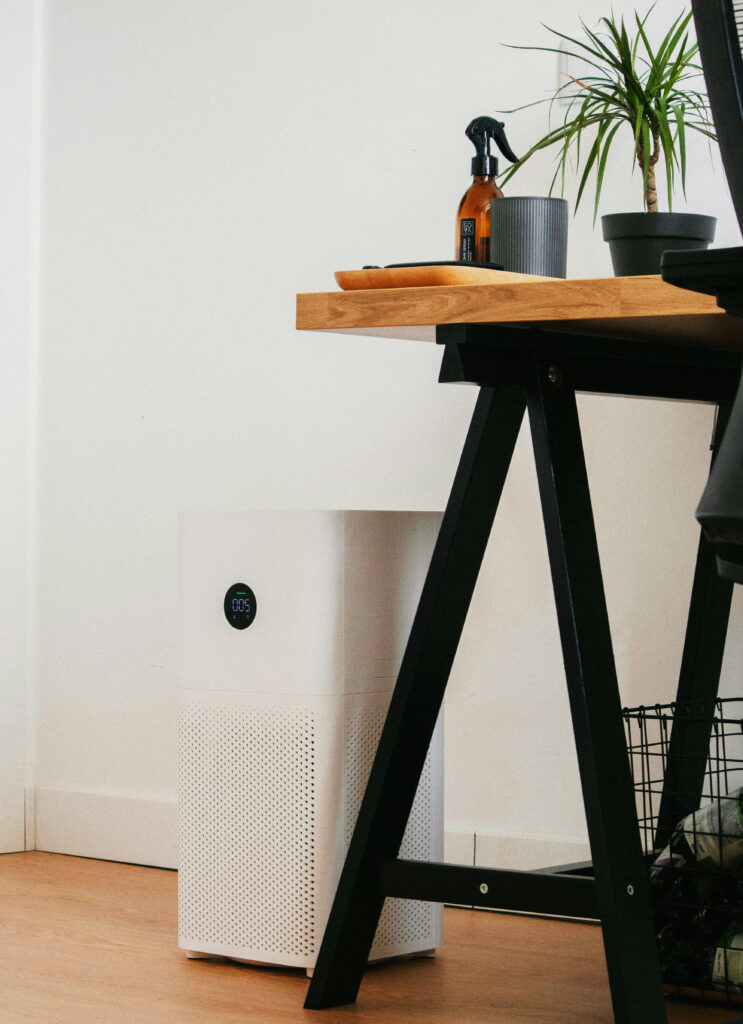
With Canadian wildfires sending air pollutants throughout the Northeast, the importance of indoor air quality (IAQ) has been brought into focus. While the eerie orange haze grabs headlines, it is important not to forget the more subtle impacts smog can cause, particularly in office environments where employees spend a considerable amount of time.
IAQ directly influences our health, productivity, and ability to learn. An article published in SCIENCE—cited by Harvard’s Healthy Buildings program—features contributions from over 40 international experts. These experts feel IAQ has become such an important concern that they advocate for the implementation of national IAQ standards to promote healthier indoor environments.
Office and Property Managers play a crucial role in ensuring that offices and office buildings are not only clean but also healthy for occupants. Poor IAQ can lead to a range of issues, from respiratory problems to the spread of diseases like COVID and the flu, growth of mold, decreased productivity, and overall well-being. If not addressed, excess moisture, which is a common byproduct of poor IAQ, can cause structural damage like wood rot, the weakening of drywall, and more over time. The humid summers experienced here in the Tri-State area give an ideal environment for these negative effects to take hold. Taking proactive steps to minimize these risks is vital to minimize these risks.
Here’s what you can do:
Regular HVAC Maintenance
Ensure that HVAC systems are serviced regularly. Clean filters and ducts prevent the circulation of dust, allergens, and other airborne contaminants. Consider upgrading to high-efficiency air filters that can capture smaller particles.
Air Purification Systems
Investing in air purifiers for high-traffic areas can significantly reduce the number of pollutants in the air. These systems are particularly effective in reducing the spread of airborne viruses and bacteria.
Routine Cleaning
A thorough cleaning regimen is essential. Dust, dirt, and allergens accumulate quickly, especially in shared spaces. Regular deep cleaning, including carpets, upholstery, and ventilation systems, helps to keep indoor air fresh and free of contaminants.
Monitor Indoor Air Quality
Use IAQ monitors to track the levels of various pollutants in your building. This data can guide maintenance schedules and identify problem areas before they become significant health hazards.
By taking these steps, you not only protect the health and well-being of your coworkers and tenants but also demonstrate a commitment to creating a safe and comfortable environment. As specialists in office cleaning, we can support you in maintaining the highest standards of indoor air quality, ensuring your buildings are as healthy as they are clean.
